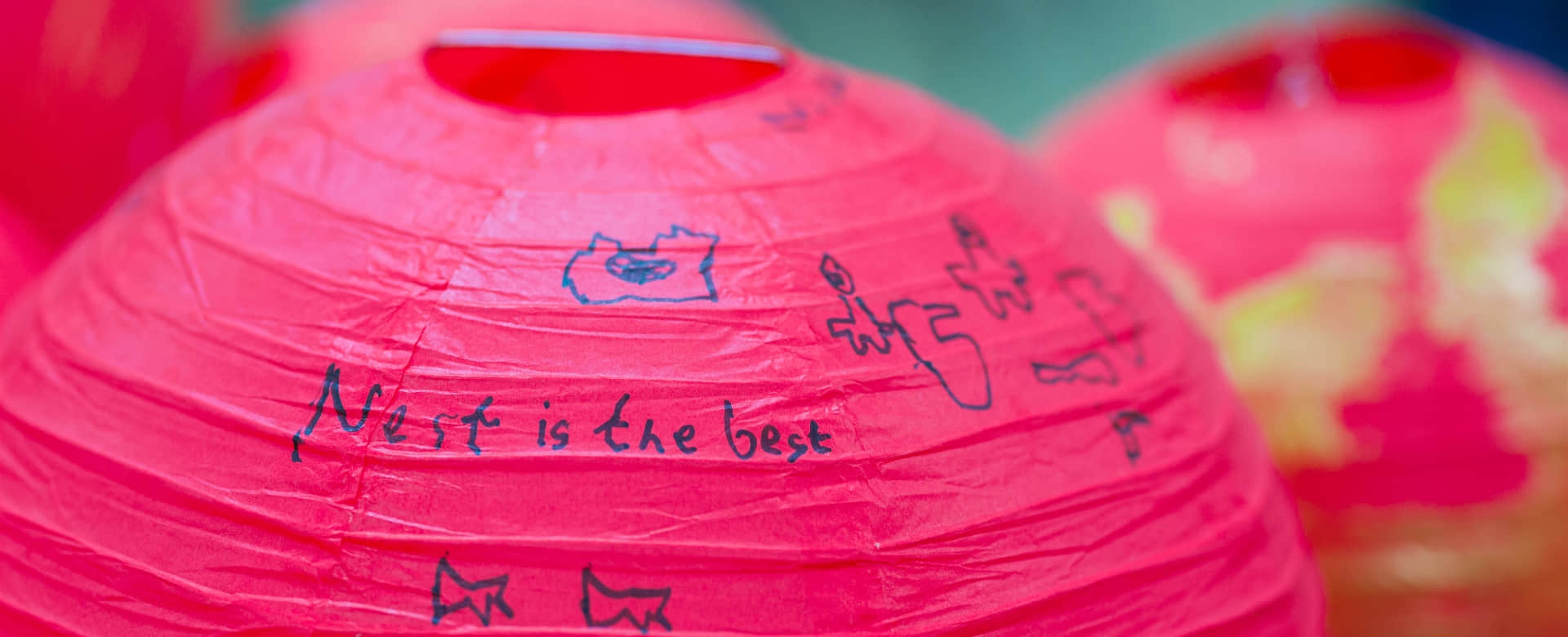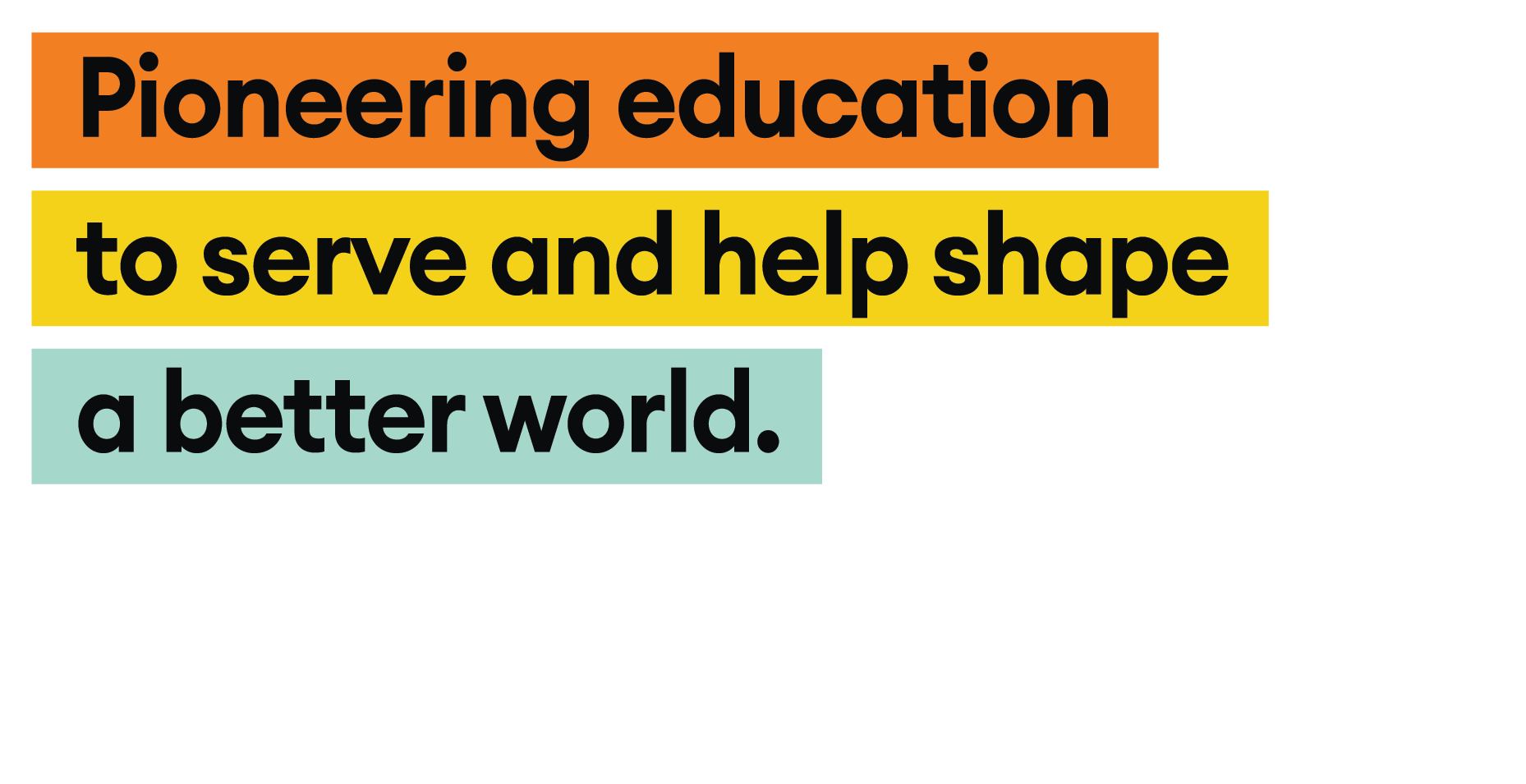Educational Insights | Writing Stages in Early Years

Nini Li
Year 1 Teacher / Communication, Language and Literacy curriculum Lead
As we know, writing is a key part of early learning life. As one of the output tools used throughout life, the stages children go through reflect the development of children’s physical development and their understanding of the world. There are different stages of writing in the Early Years.
Children in Early Years start their writing by scribbling with different materials. In Pre-Nursery, children are developing their gross motor skills. They climb, jump and run to build up their confidence to carry their movements. Their gross motor skills are building a good foundation for their future learning. Children start by making random marks on paper and exploring the use of writing tools. Sometimes the children will tell an adult what the marks mean.
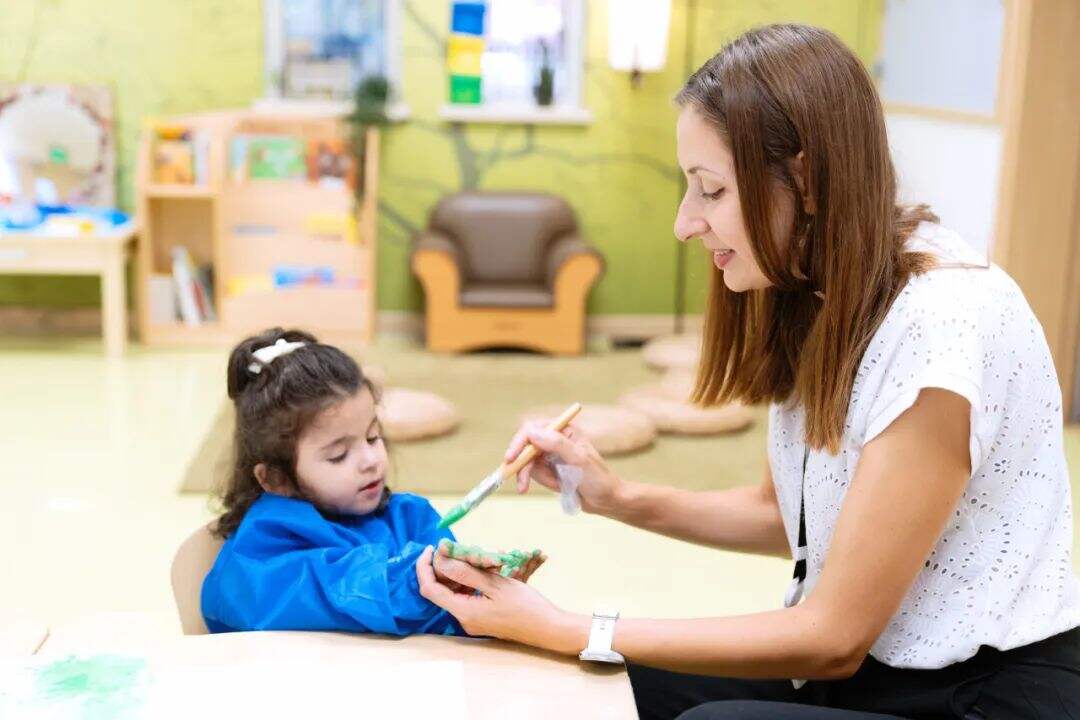
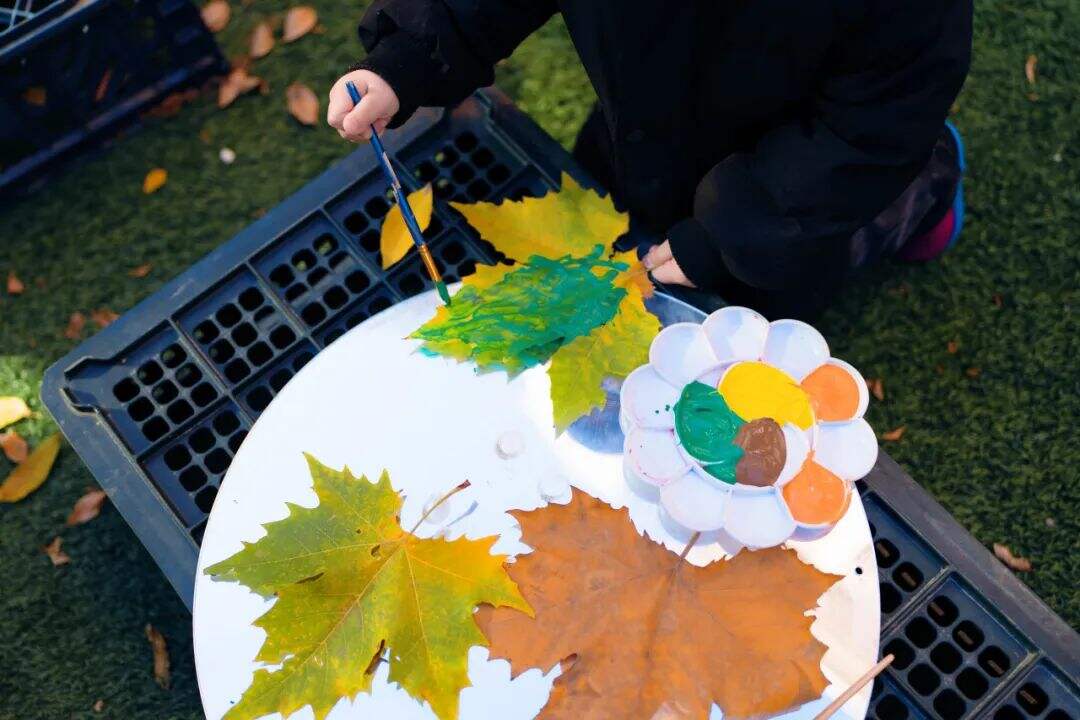
Once they enter Nursery, their writing stage will move from gross motor skills gradually to fine motor skills which support their writing. In Nursery, we have a Write Dance programme to support children to transfer this ability from a range of movements, for example, doing washing on the table to mark making. Children can do certain lines or circles with the writing materials, such as using chalk or paint brushes. At this point, we have to emphasise the importance for children to be able to try a variety of motor movements. Children begin to imitate the shape and movement of letters, but not necessarily with the understanding of their meaning.
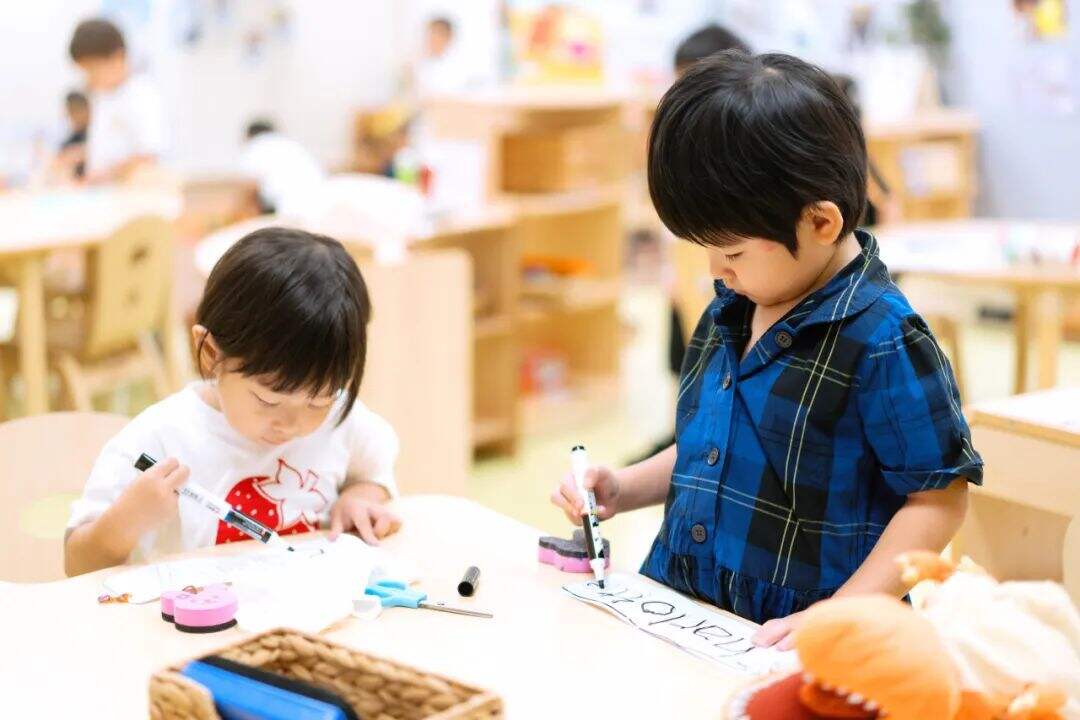
Our learning environments are rich with print, children are surrounded by books, labels and other examples of writing every day. Write Dance also offers the matching of music and English songs with big movements so that children can develop their story comprehension. In this way, children are ready to move on next writing level: Letter-like forms. Children start to create letter-like shapes that may resemble actual letters but are not yet able to write recognizable letters.
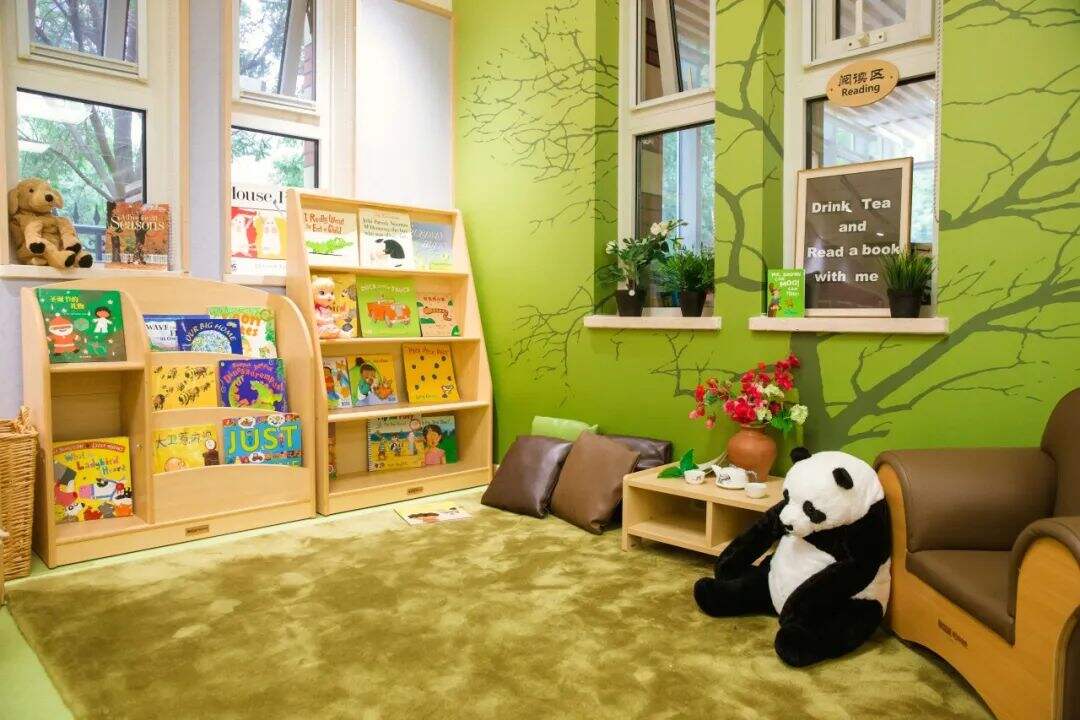
When children are ready to move to their writing stage, it requires lots of self-confidence and independence in their writing. At the beginning of Reception, children begin to write strings of letters that may not be real words but show an understanding of the relationship between letters and sounds. In Reception, children will be introduced Read Write Inc. phonics programme, which will help them to encode and decode the English letters and transfer them into words, then move on to sentences.
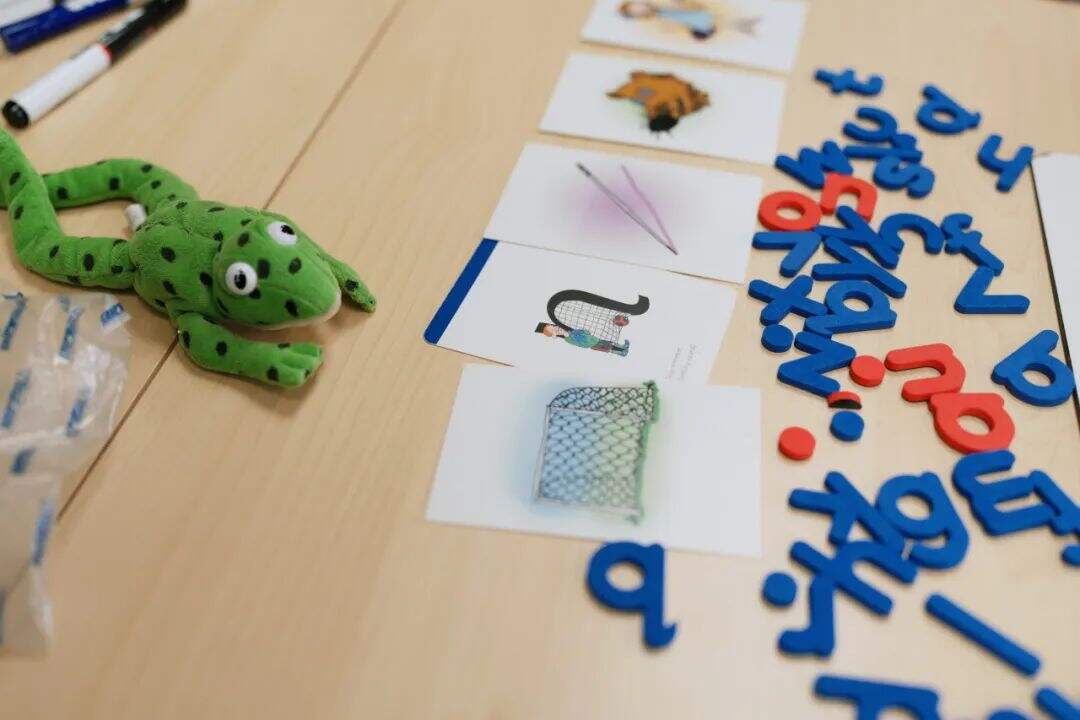
Children begin to use invented spelling to write words they don't yet know how to spell correctly. At this stage, it is a stepping stone for children to be able to express their opinions or ideas in formal writing. Teachers also will be working on setting Early Learning Goal expectations with our children. It’s important that children are given enough praise and encouragement on their tasks and are given enough chances to make mistakes. The praise for the process they go through and the perseverance they demonstrate is how we encourage children to keep going with challenging tasks. Children can give simple information, such as labelling, naming and listing and so on.
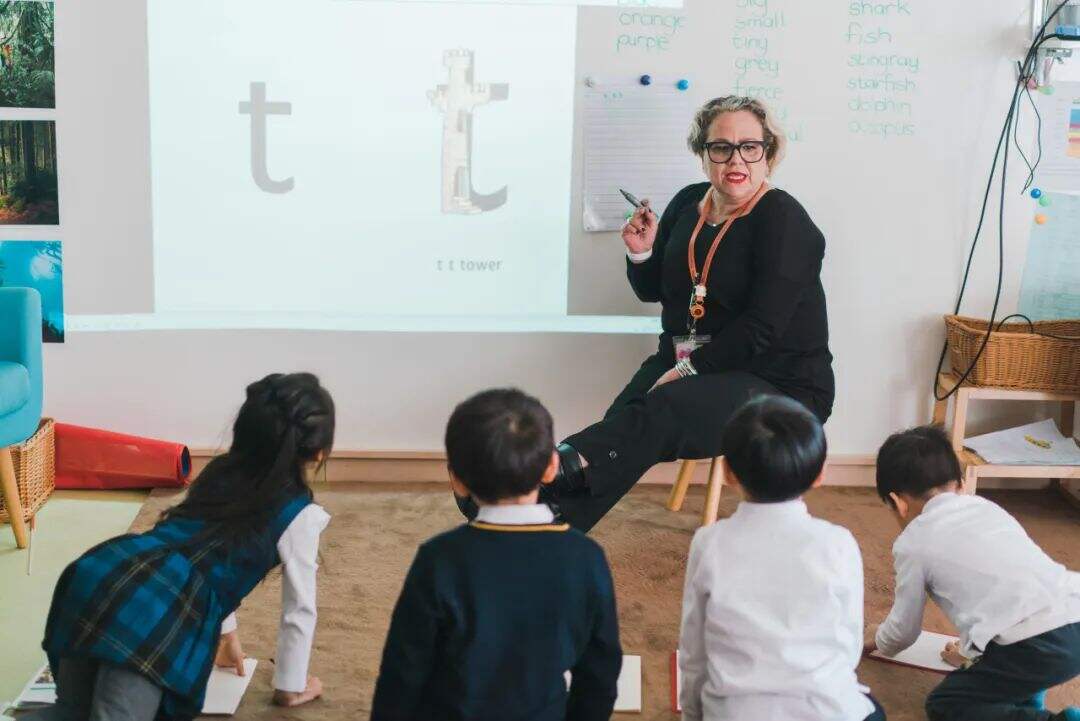
In Year 1, children will also be given continuous opportunities and challenges to develop their writing skills. Children start to use conventional spelling but may still make mistakes and need guidance and support. They begin to learn spelling patterns and apply them independently in their writing. They then form the sentences into paragraphs.
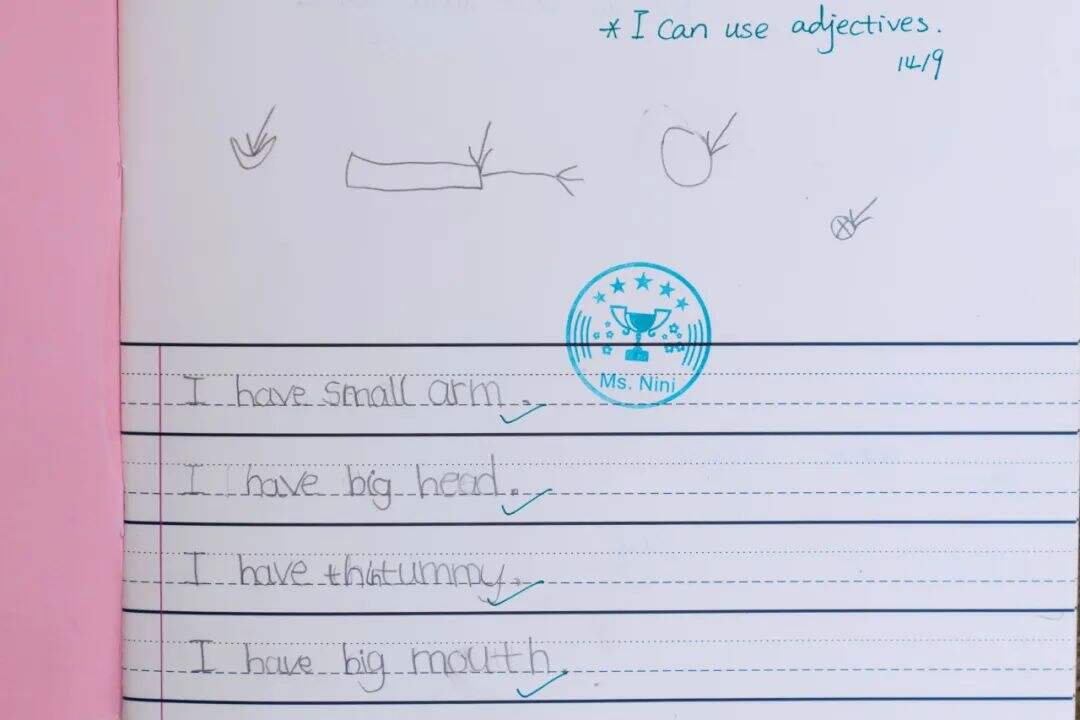
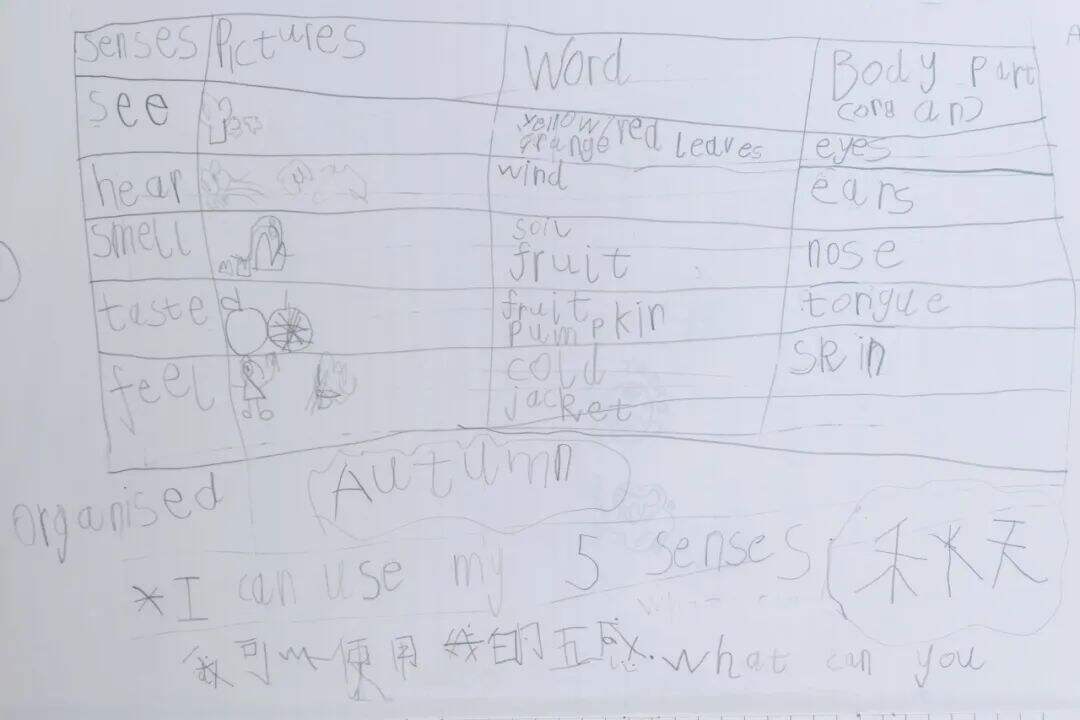
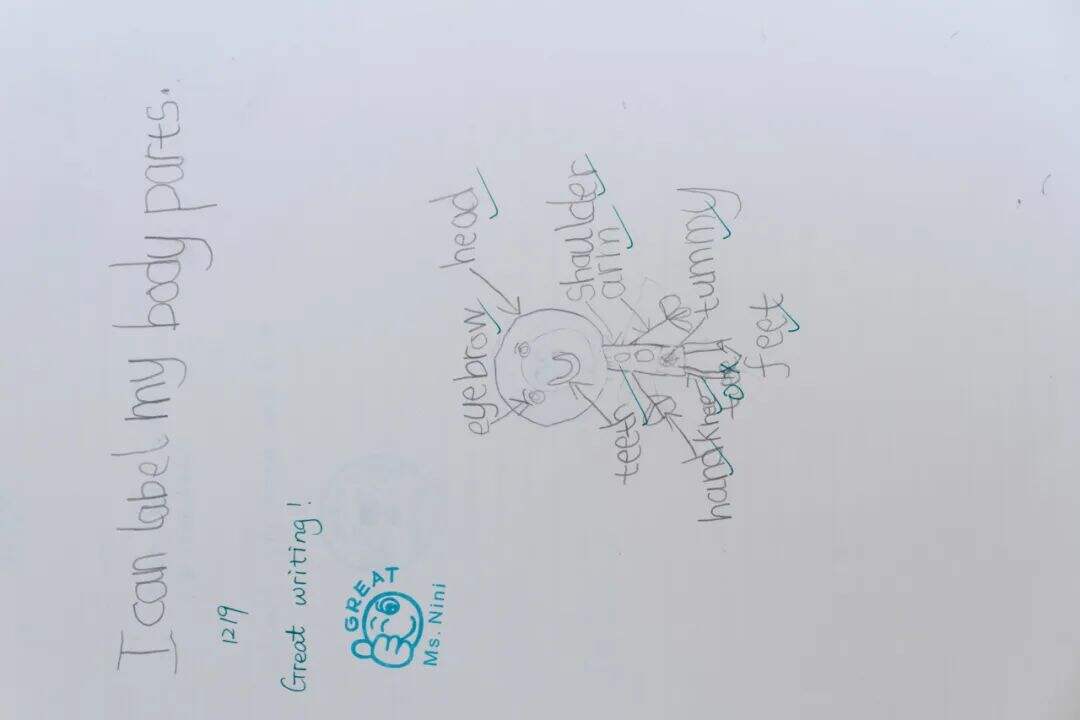
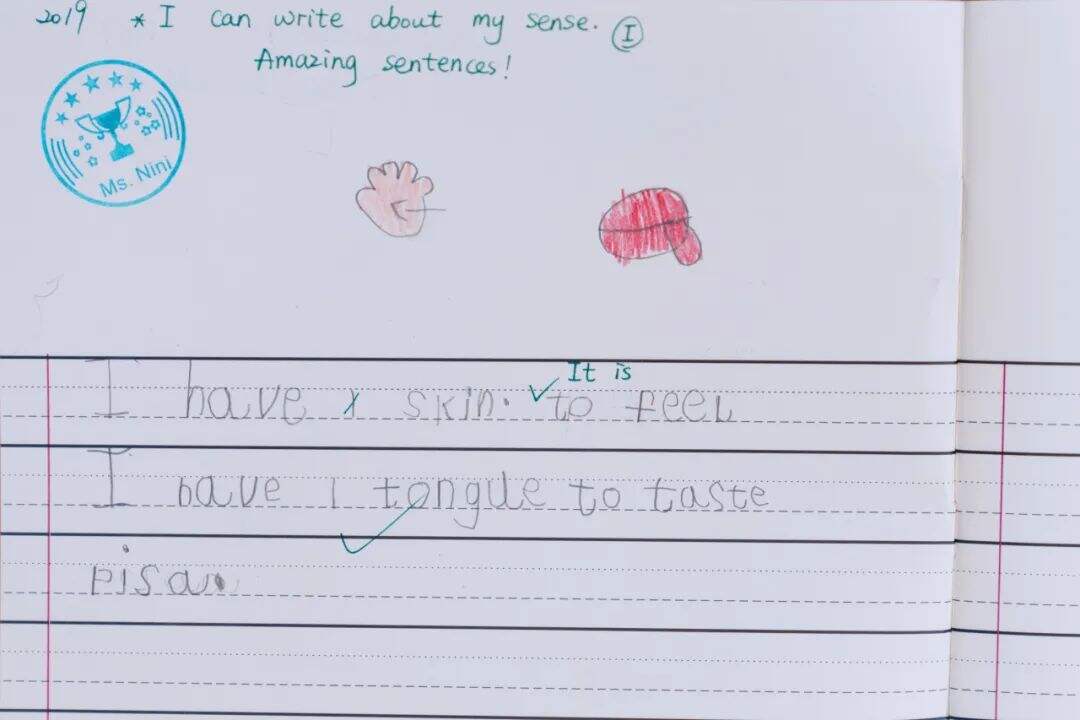
With the development of their comprehension, they then start their writing innovation and enhance their ability to check the mistakes in their writing. Children are applying their writing in daily life, such as writing a letter to their friend, building their thoughts both on fiction and non-fiction books and write their own stories.
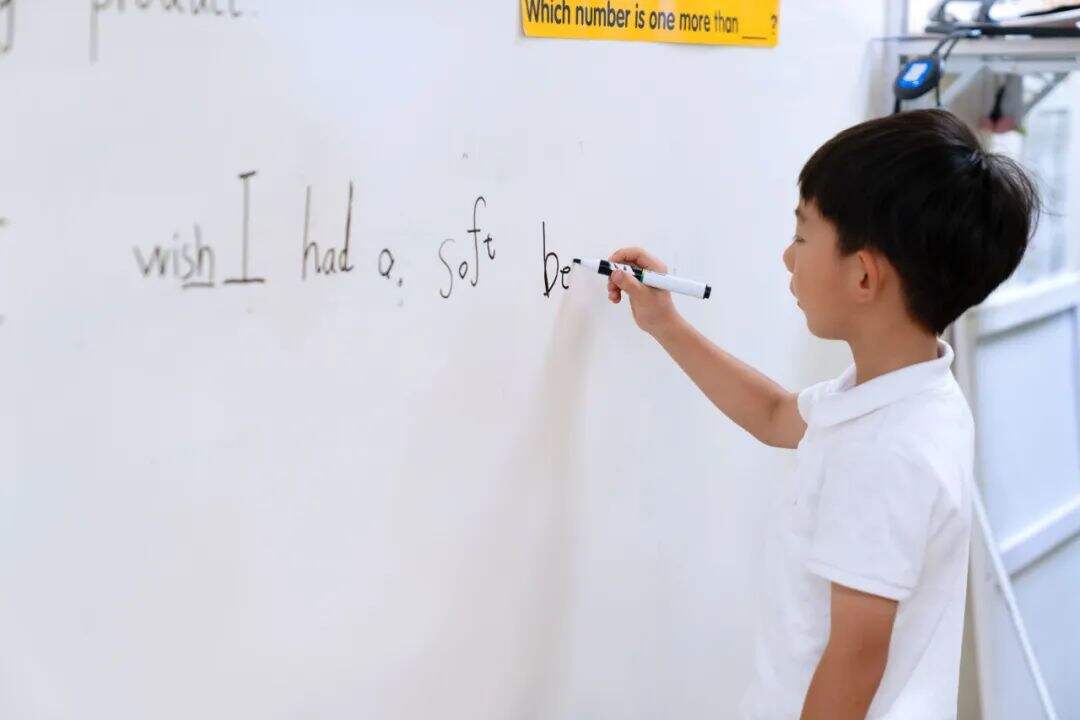
Overall,each stage of writing is closely connected to the other. No child can either jump or skip one stage. Writing begins with gross motor skills and gradually refines until we see writing we can recognise. It is a lovely journey to witness the growth of children in the Nest. Seeing our children who are confident with their writing, we know the effort behind it has paid off.
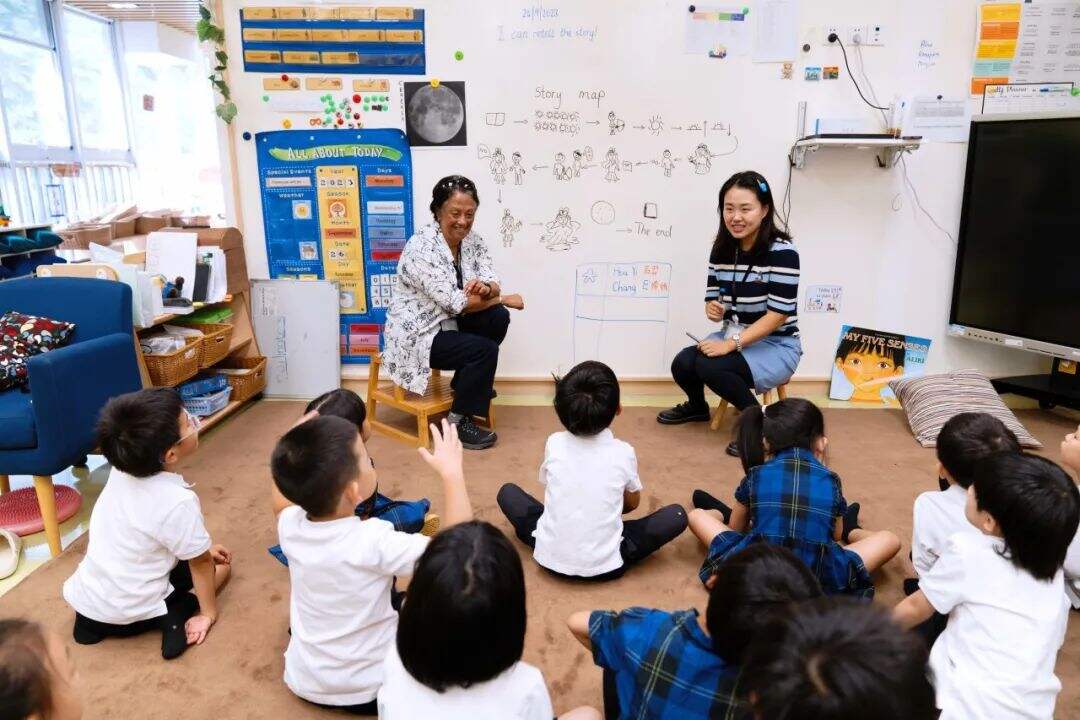
Related Articles








 Channel
Channel 
 Linkedin
Linkedin  Weibo
Weibo  Facebook
Facebook  Ins
Ins 


